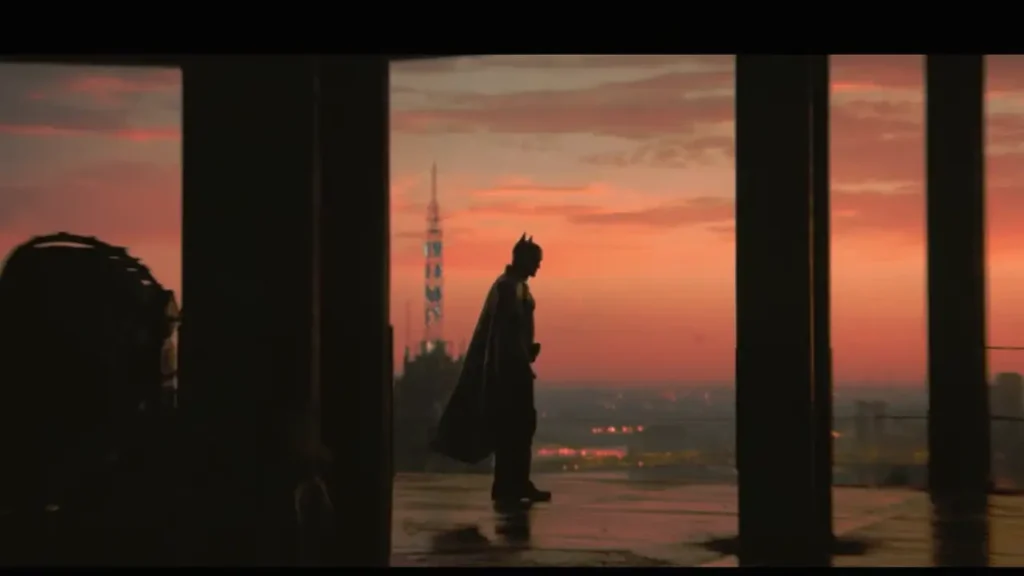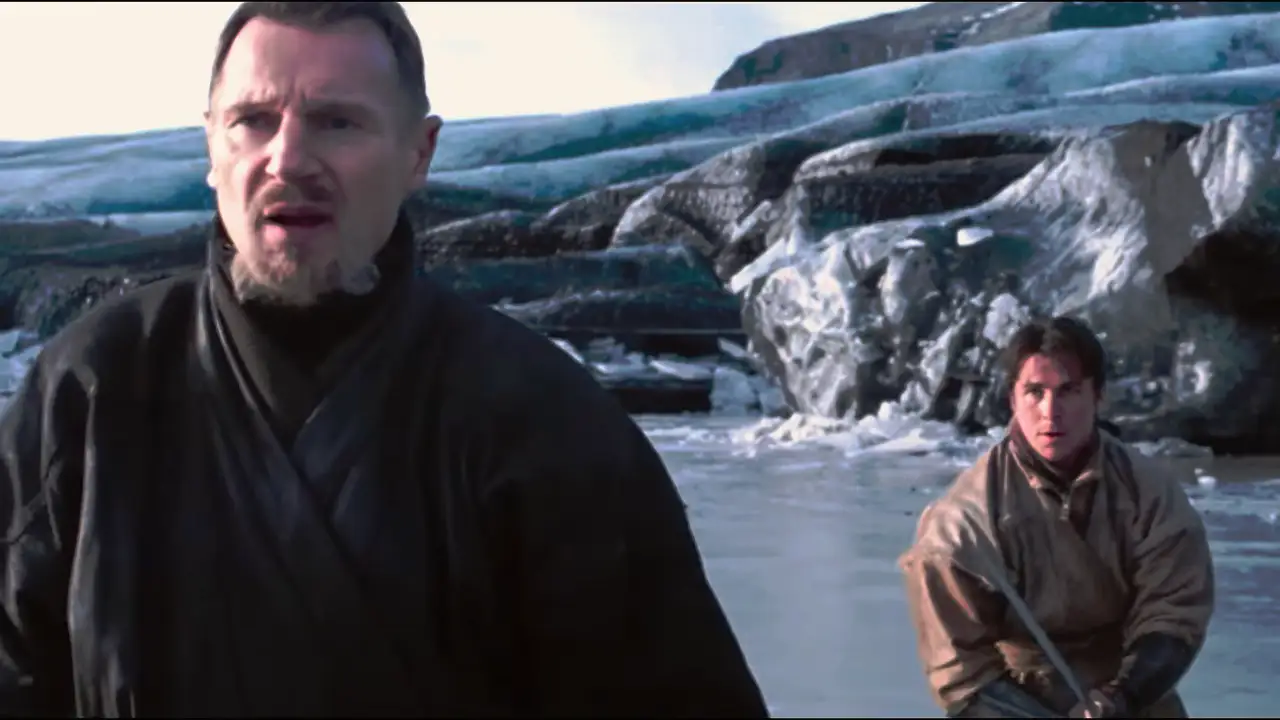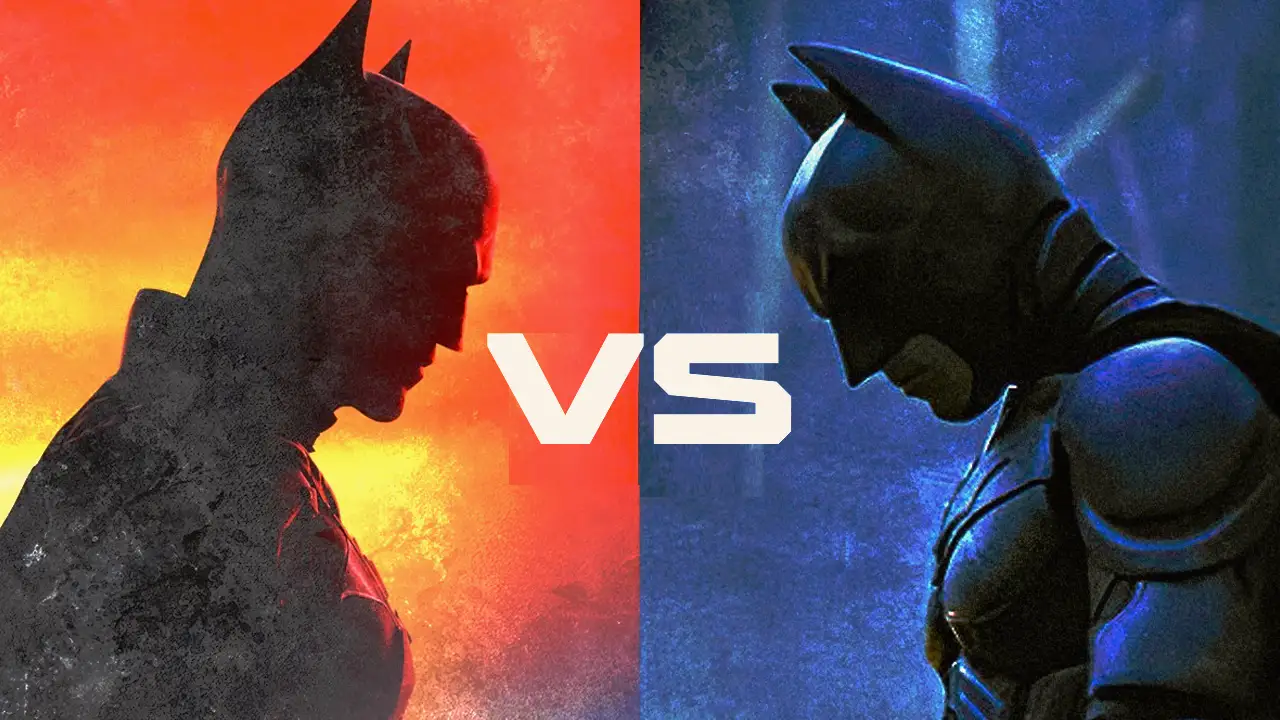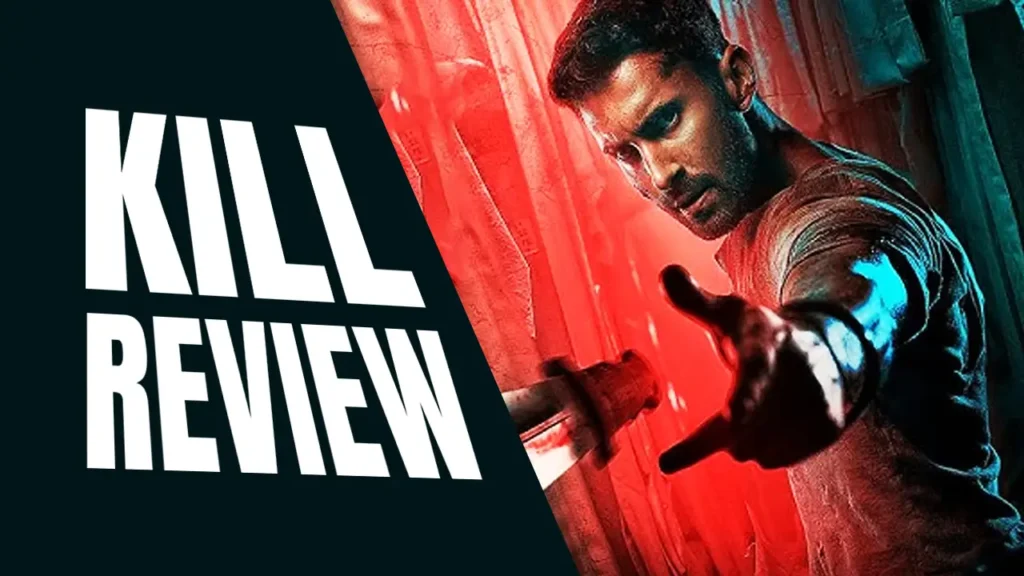The Batman (2022) Better Than the Dark Knight Trilogy?
After countless actors and directors have put their spin on the Caped Crusader, why does this iteration stand apart from the rest? These were the questions that stuck in my brain from the moment I stepped out of the theater. Well, that and, I wonder how much the Lego Batmobile costs?
After spending far too much time thinking about the movie, I finally figured it out. The reason I adore Matt Reeves’s version of the character so much is that no film has ever been as truthful in its depiction of Batman.
Table of Contents
ToggleUnderstanding Truth in Batman's Depiction
But what does “truth” actually mean in this case? To understand that, let’s first look at the closest comparison to this iteration: The Nolan Trilogy

The Realism of Nolan’s Batman Trilogy
Before Christopher Nolan decided to try his hand at adapting comic books, superheroes on the big screen were a mixed bag. The genre was still early in its development, and even the best comic book movies were heavy-laden with camp. However, in 2005, Batman Begins marked one of the first times that a superhero movie really took itself seriously. I’d even argue it kicked off the post-9/11 trend of dark and gritty reboots.
Now, considering the most recent film prior to Begins was 1997’s Batman and Robin, this shift in tone was quite the departure. But it certainly paid off. Fans and critics alike praised the film for its great performances and bold direction. More specifically, audiences were enamored by how realistic the movie felt.

In an era of radioactive spider bites and space accidents gone wrong, Nolan made us believe that someone with the wealth and resources of Bruce Wayne really could become a superhero. Every gadget at Batman’s disposal had a real-world application. Every skill Bruce possessed was given a satisfactory origin. The film commits to following a consistent set of rules and is therefore firmly grounded in reality.
This obsession with realism continued throughout the entire trilogy. The Dark Knight is a tense and thrilling crime drama, and Rises, despite being the most outlandish by comparison, grounds itself in the examination of class disparity and revolution.
The Batman vs. The Dark Knight Trilogy: Realism vs. Psychology
While the movies are all thematically complex cinematic delights, their core gimmick is still showing how Bruce Wayne is believably able to moonlight as Batman. And this is where The Batman distinguishes itself from The Dark Knight Trilogy.

See, if Nolan was primarily focused on how someone could become Batman, Matt Reeves is committed to exploring why. Even though The Dark Knight Trilogy depicts the pivotal events that led to Bruce becoming a vigilante, it never fully commits to exploring his psychology. Christian Bale’s performance hints at the idea that Bruce Wayne is just a persona, but he still plays the billionaire and the bat like they’re two distinct people.
Pattinson’s immaculate performance in the cowl clearly depicts the psychosis of Bruce Wayne. We don’t need to see his parents get murdered because one shot of the character’s eyes makes it painfully clear he’s been through immense trauma. We don’t need to know what specifically got him started; what’s important is that Bruce is a man who can never stop. Rather than grounding the film in realism, Matt Reeves firmly roots it in the complex psychology of the lead character.
Batman’s True Nature
The Batman is a deep dive into the mind of someone willing to become a masked vigilante. And what we find isn’t always flattering. See, the truth that I referenced at the beginning of this article, the truth at the core of Batman’s character, is that Batman… is a weirdo.
Now, hear me out. I think we all recognize that someone would have to be a little crazy in order to do what the Dark Knight does. But how often do the movies he’s in address this? Sure, some of them have dealt with Batman aging and needing to get out of the game, but most never critique his compulsion to start fighting crime in the first place.

The Batman Depicts Bruce Wayne Differently
The Nolan trilogy portrays Bruce as merely eccentric and mysterious. Zack Snyder’s Batman is a bit more tormented and rage-filled, but his sanity is never questioned. Even in the Burton movies, which are arguably the most gothic and twisted, Bruce Wayne is basically just a normal guy in a big house. This most recent spin on the character, however, doesn’t feel the need to romanticize either Batman or his alter ego.
In the few minutes of screen time we see Pattinson as Wayne, the toll crimefighting takes on him is immediately evident. He’s a socially awkward recluse and constantly paranoid. He’s not sleeping enough and is disconnected from the normal world. The Batman has taken over his life.
This Bruce has only been a vigilante for two years, but the movie isn’t afraid to ask whether or not it’s time for him to hang up the cowl. This commitment to depicting Batman so honestly is what I love about the film. Matt Reeves has constructed a world that’s dark and gritty, but in a stylized way. It takes itself seriously but allows the point of view to be highly subjective.
Why The Batman Feels More Real

Every narrative and formalistic choice is informed by the psychology and perspective of the lead character. Even though the Nolan films are undoubtedly more realistic, I think The Batman feels more real. We go into movies knowing that they’re fake but suspend our disbelief because we grow to care about the characters and events on screen. Reeves allows the audience to understand and empathize with Batman on a level we’ve never really been able to before.
Ultimately, I can’t say for certain if The Batman is a better or worse film than any of the Nolan movies. But in dedicating themselves to truthfully examining and critiquing the titular character, Matt Reeves and Robert Pattinson have undoubtedly crafted the most thoughtful and immersive depiction of Batman we’ve ever gotten.





